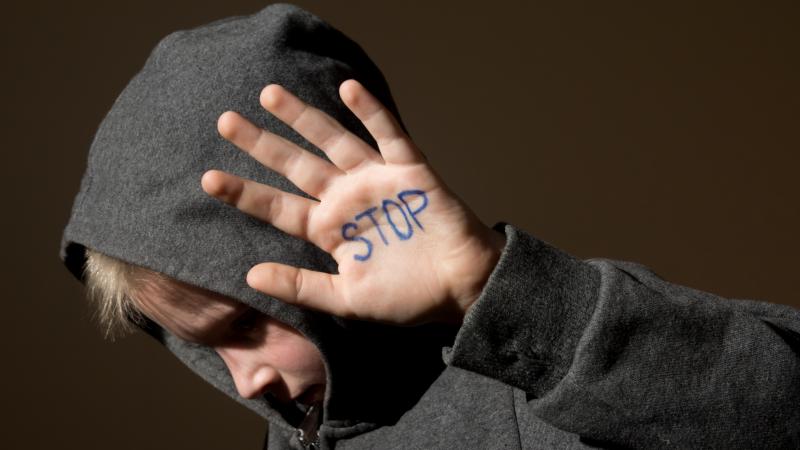
Kids playing pranks on each other are as old as time itself. However, the pranks played by today’s kids have escalated beyond harmless norms to dangerous internet challenges. This has raised concerns by parents on the dangers of online challenges.
Seemingly fun and innocent online challenges like the Ice Bucket Challenge to raise awareness for a worthy cause have gained rapid popularity and a cult following among social media users. Since the success of this online challenge, it has sparked a consistent spate of dangerous internet challenges like Planking, Say Anything or The Disney Challenge.
The fear of missing out (FOMO) mentality has also groomed our children, teenagers and even adults to undertake irrational challenges and post online to gain attention or followers.
While some of these challenges are harmless fun, many of the challenges border on alarming and might inflict injuries to our physical bodies. The latest internet prank challenge is The Skull Breaker Challenge that many young teenagers attempt and post on TikTok, Instagram or Facebook.
In this challenge, the aim is to get the unsuspecting participant to fall backwards and land on his/her back or head.
The name of this challenge should raise plenty of red flags among our youths, but it has not. Instead, this dangerous online viral game has caused broken bones and concussions for kids across nations and the world.
Chris Nowinski, a behavioural neuroscientist and CEO of the Concussion Legacy Foundation, spoke out about the prank, urging parents to talk to their kids about the life-long injuries it can cause.
“I was horrified when I saw this video. You understand how kids can think this might be funny, but kids can’t anticipate what it means for somebody to fall five or six feet onto their head. The reality is, this is going to kill somebody or cause permanent brain injury, or, at a minimum, a concussion for people,” Nowinski said.
Read also: “My Child Talks to Herself. Should I Be Worried?”
The dangers of online challenges
Medical experts and parents are increasingly alarmed at the rising dangers of online challenges. Some pranks like Momo and Blue Whale challenge our children to commit self-harm to avoid being cursed or simply to harm others to belong to a community.
This begs the question: why do our children not understand the dangers of online challenges?
The adrenaline rush of playing the online challenges and the importance that our adolescents place on their peer relationships have led them to be more susceptible to peer pressure. Also, the part of their young brain that is responsible for decision-making and mature self-regulation is still undeveloped, leading them to engage in reckless and risky behaviours.
And the humour and fun factor of these dangerous internet challenges outweigh the rational thoughts of our youths and drives them to attempt these perilous dares.
Here are 15 bizarre and dangerous online challenges that are goading your children to attempt. Get ahead of this online menace by talking to your children about the dangers of online challenges.
How to Talk To Your Children About These Dangerous Internet Challenges
1. Get to know your kids’ views on these dangerous challenges
Have a conversation with your children about their relationships with their friends and get a sense of their thoughts on the viral internet challenges.
2. Have frequent discussions on the dangers of online challenges to help them identify risky situations
Review “what if” situations to help them consider circumstances they may encounter and develop strategies to deal with tough situations.
3. Satisfy their natural need for an adrenaline rush by organising safe adult-supervised activities that they can post on social media
Some examples of exciting activities to stimulate the adrenaline rush include zip-lining, rock-climbing (both with proper safety gear, of course), roller coasters, water slides, or even watching horror movies (with them).
4. Many teenagers are fearless because they cannot comprehend their mortality or grasp their capacity to be injured
So honest discussion, encouragement, and praise can go a long way in keeping your children safe from injury related to social media-inspired, risk-taking behaviour.
5. Knowing that someone cares about them might let your children pause to try these dangerous internet challenges
Sharing with them your concern about their safety is more powerful than telling them that they cannot try these acts.
6. Mind your facial expression and refrain from making any judgemental comments or remarks
Instead, keep your tone of voice neutral and open. Most of all, listen to what they have to say and guide them along the way.
7. Take advantage of this unprecedented time when the children are confined to home to become acquainted with their online activities
They might be bored and will be on the internet more often. Guide them to explore healthy online games and engage them with board games offline.
Read also: Ways to Build a Close Parent-Child Relationship: An Age-by-age Guide
Parenting in this digital age can be tough, but together we can still enjoy their wonder years.























